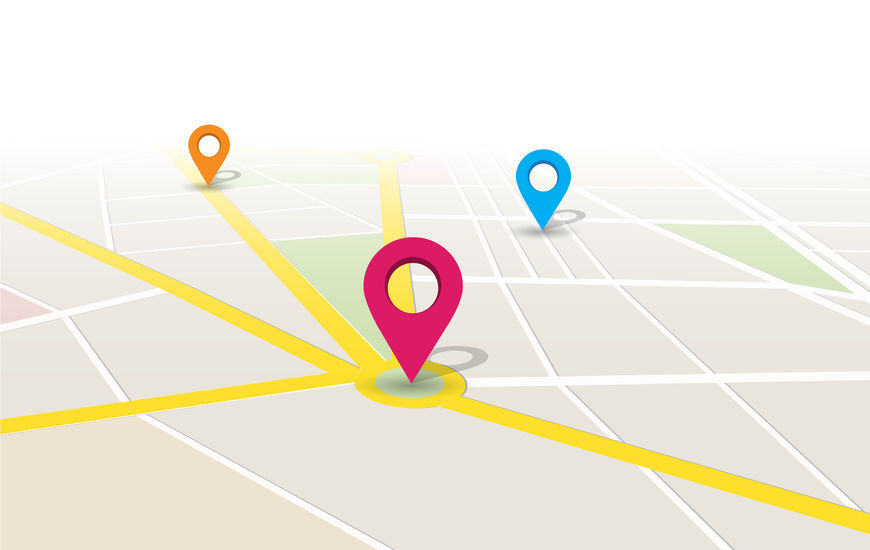
Don’t Get Lost: A Guide to Keeping Your Embedded Google Map Functional
Oh Google, how we love and hate you! You get us used to your lovely, easy to use and free technology and then you yank it away, or make a change and we all have to sit up and listen. You know those awesome maps we love to embed onto our websites that show people how they can reach our location? If you have one, listen up.
On June 11, 2018, Google Maps will transition from free to a new pay-as-you-go pricing structure.
What does that mean for you? Most likely, it only means you have a little bit of admin work to do in order to make sure your website’s embedded map stays functional. The good news? This shouldn’t take long since you only have two real options:
1. Associate an API key with billing details to your account (learn more here).
Although “pay-as-you-go” doesn’t scream “free”, associating an API key with billing details to your account is unlikely to result in you seeing a charge for your embedded map. Once you get your account up to date, Google will issue you a $200.00 monthly credit, which should be plenty to cover typical small business usage. More detail about the new pricing here. This is the option we recommend if you’d like your website’s map to continue functioning without interruption.
2. Transition to a static map.
If you don’t like the idea of giving your billing information to The Man, or you’d rather not worry about the unpredictability of pay-as-you-go (really though, most businesses won’t have a problem), you can transition the embedded map on your website to a static image or even just written directions. Be aware, however, that if you go with this option you will be making your site less user-friendly and may put yourself at risk of damaging your sites SEO.
Notably absent on this list? Pretending that nothing is happening and going on with your life. All that will accomplish is breaking your website come June 11th, and nobody wants that. So, put it on the calendar, set some notifications, and figure it out.
And if drawing attention to how important an embedded map is for your websites overall user-friendliness, and you’re wondering if there are other ways you could improve your site let’s chat!
Looking for more great website and marketing tips? Follow Spring Insight on Twitter, Facebook, or Google +.
